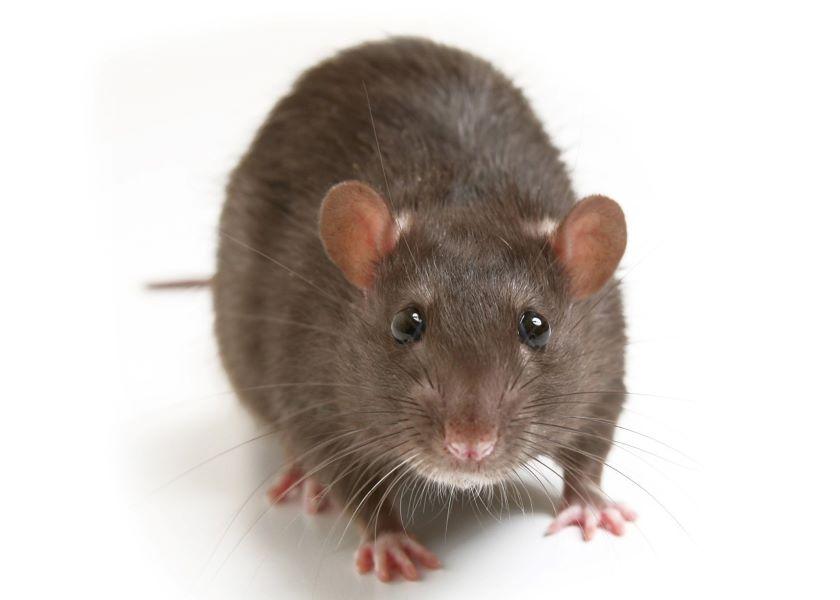Rodents May Be Low-Risk Vector for African Swine Fever

Can rodents transmit the deadly African swine fever (ASF) virus? Although rodents are a possible transmission vector for other swine diseases, that path of transmission has been uncharacterized for ASF.
A research project on ASF in Vietnam, made possible by a USDA Foreign Ag Service grant obtained by the Swine Health Information Center (SHIC) with support from the National Pork Producers Council, examined the potential for rodents to serve as vectors of this devastating virus.
The study, conducted by researchers from South Dakota State University and the Vietnam National University of Agriculture (VNUA) on Vietnamese farms with differing biosecurity levels, provided information that suggests rodents are not a high-risk ASF vector.
Setting the Trap
One objective of the study was to determine whether rodents trapped in and around ASF-infected farms harbored ASF virus, SHIC reports. If they could harbor the virus, the researchers wanted to find out the optimal samples needed to detect viral infection.
Five commercial swine farms located across four provinces in northern Vietnam with recent ASF outbreaks were identified. The farms ranged in size from 26 to 851 pigs. Biosecurity procedures varied among the farms; two farms featured closed housing, one open housing, and two combined closed and open housing.
Live traps were placed each night at the study farms, outside the facilities at entry points, and inside the facilities near feed sources. Trapping continues at each farm for 10 to 36 days. Rats were euthanized on the farm, stored in freezers, and transported to VNUA for necropsy and PCR testing, according to SHIC.
Researchers noted that samples from rats in and around farms undergoing active ASF outbreaks were negative for ASF across several different sample types (examining biological as well as mechanical vector potential). This work suggests that rats (and presumably similar rodents) do not serve as important vectors for ASF virus.
Can Rats Spread the Virus?
To build on the negative results from the first experiment, the second experiment examined whether rats were susceptible to challenge with ASF virus. And, if so, whether rats were able to transmit the virus to susceptible rodents.
Rats were randomly assigned to one of six ASF challenge cages. In each challenge cage, rats were challenged with a dose of 105 50% hemadsorption doses (HAD50) ASF either intraperitoneally or orally, while additional rats in each cage served as susceptible contacts, SHIC reports. One cage of rats served as non-inoculated controls. Researchers recorded body temperatures and clinical signs three times each day.
Clinical signs did not present in any rats during the observation periods. An initial analysis indicates there were no differences between the body temperature of control and inoculated rats, although temperatures of all rats (control, inoculated and contacts) climbed during the second week of the experiment, then fell back to baseline. Despite robust challenges both intraperitoneally and orally, rats were not observed to become ill from nor infected with ASF virus out to an incubation period of 21 days.
This characterization provides insight for biosecurity protocols surrounding prevention of ASF outbreaks. Although rodents do not appear to be a significant risk as ASF vectors, other work has proven them to be disease carriers and appropriate biosecurity protocols for elimination continue to be recommended, SHIC reports.
More from Farm Journal's PORK:







